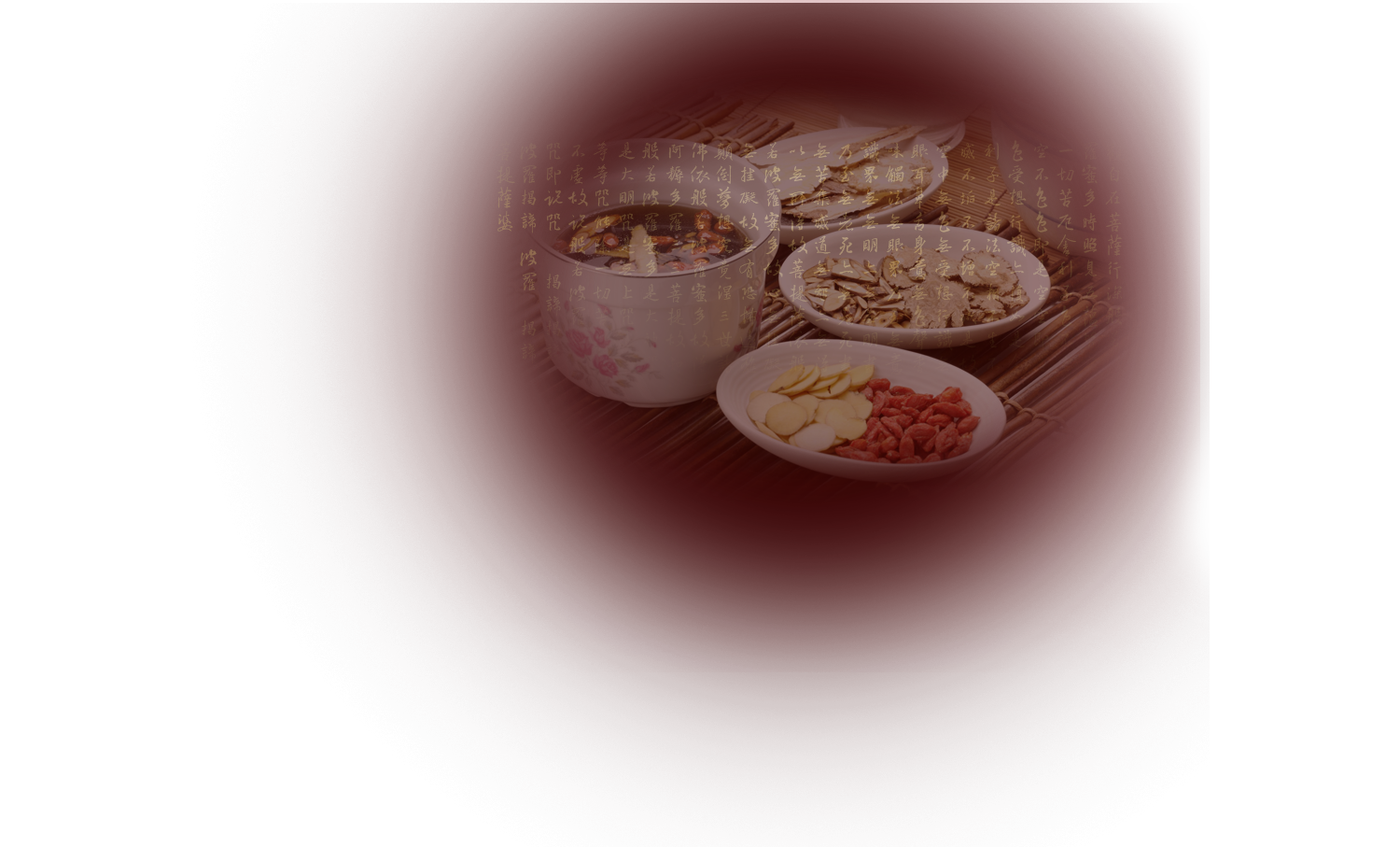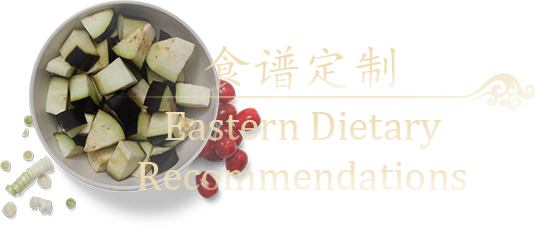

- Nourishing Diets: Nourishing diets are recommended for increasing strength, beautifying the skin, relieving stress and weight loss. Long Yan Rou (Dragon Eyes) and Hong Zao (Red Dates) soup, for example, can be used to nourish the blood. Seaweed radish soup promotes diuresis and can be used for weight loss. Bird's nest pearl congee can beautify the skin. Broccoli, asparagus and kale juice can be used in the treatment and prevention of cancer. These diets are prescribed based on specific seasons and age groups in order to achieve optimal clinical effects.
- Therapeutic Diets: Certain foods are often used for specific treatments of illness or imbalance. Diets that are used in treatment are referred to as therapeutic diets. For example, in treating prolonged high fever, it is recommended rice soup is drunk first prior to any herbal or western medical intervention. In this way, the efficiency of the medication will be increased. Seaweed and kelp are recommended for those patients with hypothyroidism. Similar to Western nutritional recommendations, low-sugar recipes are recommended for those suffering with Diabetes, whereas low-salt diets are recommended for those with hypertensive heart disease.
- Herbal Diets: Adding certain herbs to foods can boost overall prevention and treatment effect. Herbal Diets can be used for nourishing, such as Long Yan Rou (Dragon Eyes) and Hong Zao (Red Dates) soup to nourish the blood. Bird's Nest, Pearl and He Shou Wu congee not only beautifies the skin, but also helps remove black spots and nourishes the hair. Herbal diets can also be used for treatment itself or to increase the effects of certain therapies. For example, Eucommia Saffron Wine can be used to treat rheumatoid arthritis. Turtle and Deer Antler stew is beneficial to the recovery of male sexual function. Lamb and Eucommia soup nourishes the blood and helps with fetal development. Fritillary Lily congee is good for the lungs and treats cough, etc. TCM herbal diets can enhance food nutrition, balance the body's yin and yang, and prevent and treat diseases. In this way, traditional Chinese medicine offers benefits over treatment with medications alone.
As far as TCM doctors are concerned, the prerequisites for developing effective dietary plans and recipes involve a careful analysis of the patients’ physical condition, a clear understanding of the patients’ medical history and their family history, and being familiar with the impact of cooking methods on foods and nutrition. At the same time, the patient's age and the appropriate season are also factors to be considered. In this way we arrive at suitable therapeutic menus based on each patient's individual health status and can conduct a specifically targeted prevention plan. Clinically, nourishing diets, therapeutic diets and herbal diets are often used interchangeably or together.
